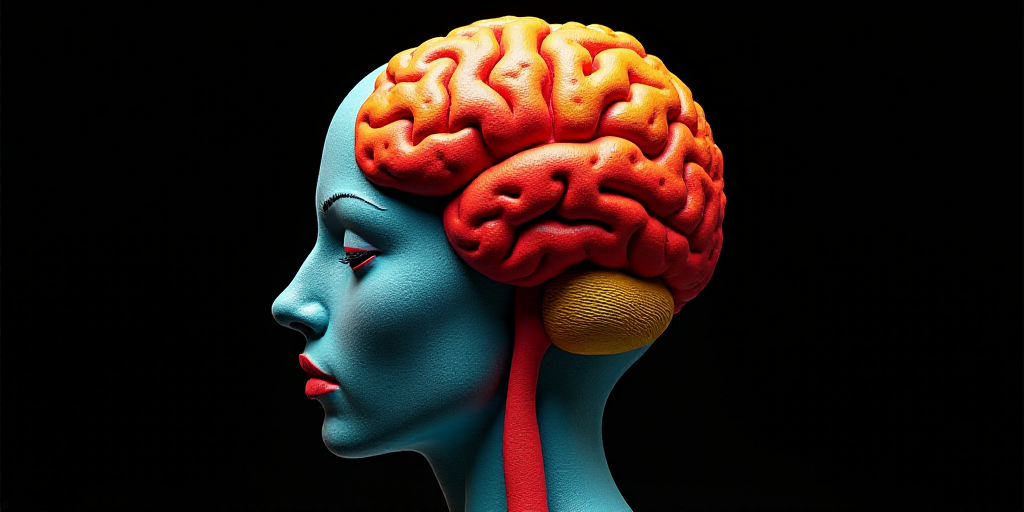Introduction
Corruption is widely recognized as one of the most damaging threats to democratic societies. The misuse of authority, rights, or opportunities granted by power is against the law and moral principles. However, it continues to occur repeatedly.
The Origins of Immoral Impulses
This article explores how political power and institutional context influence brain activity associated with corrupt or immoral decisions. In a healthy brain, the temptation to engage in corrupt behavior should create a conflict between duty and action.
Reward and Self-Control Systems
Neuroscience research indicates that succumbing to corruption involves multiple brain systems, including those regulating reward, self-control, and moral evaluation of personal behaviors.
- Reward circuits motivate repetition of certain behaviors by releasing neurotransmitters in response to gaining money or status.
- Each successful corrupt action strengthens neural connections favoring repetition, disrupting the balance between impulse and control in the brain.
- Short-term satisfaction circuits block ethical evaluation pathways, hindering long-term planning and impulse inhibition.
Humans are social beings who seek approval from their reference group. Adopting corrupt behaviors in one’s environment can lead to normalization, as social brain areas become activated, increasing motivation to emulate group conduct even if it contradicts individual ethical principles.
Preventing Corruption through Contextual Changes
The best way to prevent corruption is by altering the social context in which human brains operate. We are social beings who need approval from our reference group. Lack of accountability or permissive institutional contexts can normalize corrupt behavior and weaken internal honorabilty mechanisms.
This leads to a “rationalization” phenomenon, allowing individuals to reinterpret inappropriate conduct as necessary or less severe, normalizing addictive corrupt behavior.
Lack of Empathy and Ethical Cost
Neuroscience has shown that those in power process the ethical cost of corrupt acts more favorably. Lack of empathy is another issue, as it contributes to social consciousness and reduces the tendency to deceive.
- Corruption distorts community priorities, exacerbating inequality.
- Prolonged power tends to strengthen self-focused attention and weaken self-control networks, making the brain less sensitive and disabling reciprocity signals between individuals.
These findings can provide new prevention tools against corruption. Strengthening ethical norms and control networks can help “resist temptation” by recovering inhibited brain mechanisms.
Key Questions and Answers
- Q: How does the brain respond to corrupt temptations? A: The reward, self-control, and moral evaluation systems are affected, with reward circuits motivating repetition of corrupt behaviors.
- Q: Can corruption be prevented? A: Yes, by changing the social context and strengthening ethical norms and control networks.
- Q: What role does empathy play in corruption? A: Lack of empathy contributes to corruption by reducing the tendency to deceive and distorting community priorities.
- Q: How does prolonged power influence ethical decision-making? A: Prolonged power tends to strengthen self-focused attention and weaken self-control networks, making the brain less sensitive to ethical signals.






